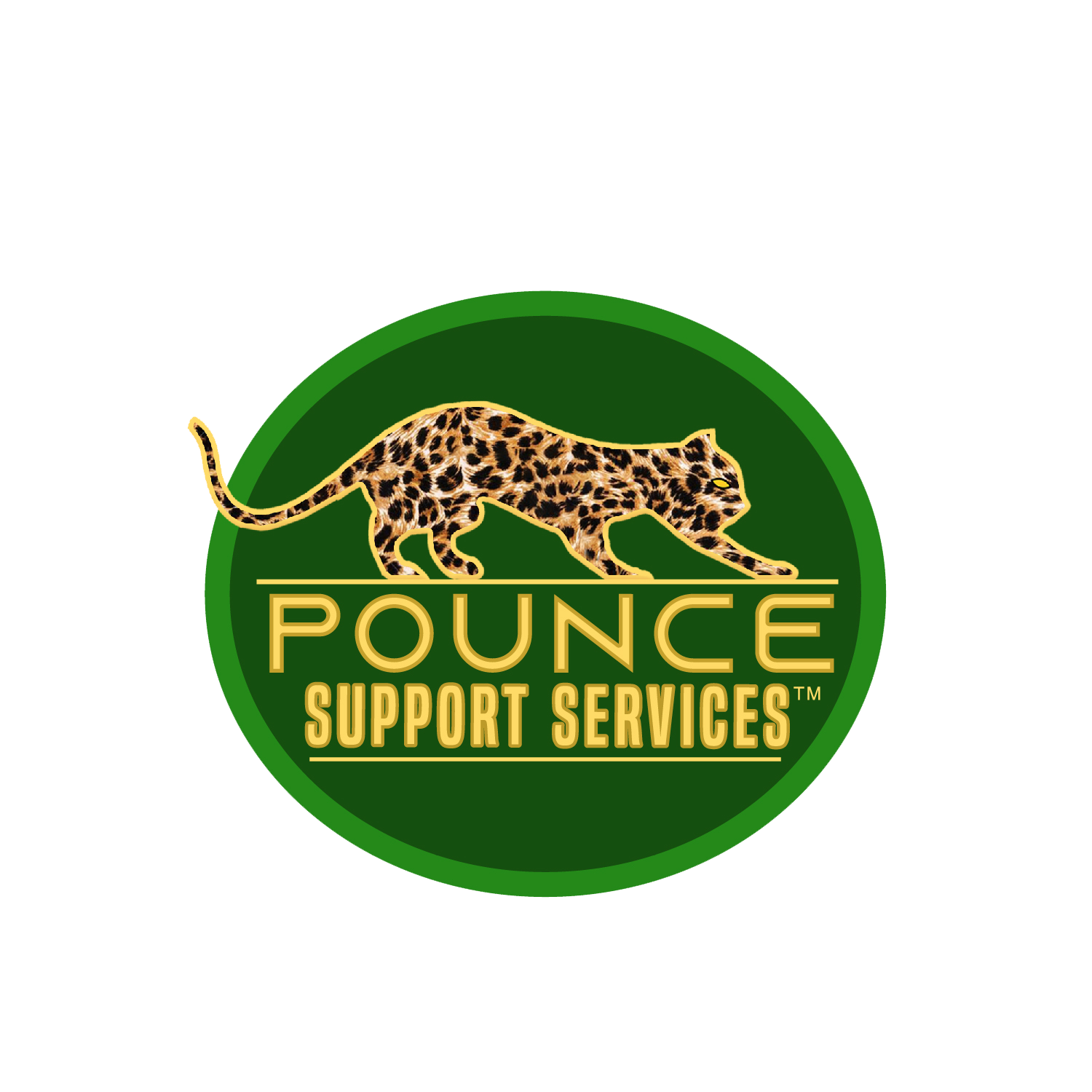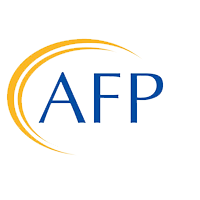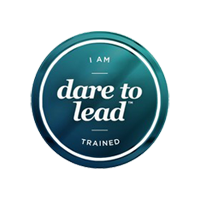by Kat Mooney
Like many of us, I never sought out to be a fundraiser. When our seasonal government-funded program for teenagers at risk of dropping out of school at Dawson Boys & Girls Club in Montreal took on a new direction, I was left with the responsibility to tell a group of invested young people that their program would cease to exist because we didn’t have any more program funding. It was truly heartbreaking and one of the most difficult things I had to do. It was at that very moment I knew my career would change. I heard the whispers from within and made a very conscious effort to absorb and learn everything I could about building mutually beneficial relationships with people and raising money. My career took on a dramatic change as I catapulted into the ever-challenging, amazingly interesting means of bringing people together for the common good.
This experience remains close to me and I carry it every day because it keeps me grounded, reminds me of why I am a fundraiser, and continually encourages me to go further. Now, more than 25 years later, these are some of the most important things I’ve learned:
- NEVER TREAT ANY DONOR LIKE A CHEQUE BOOK – In conversations with donors over the years too many have disclosed feelings of charity staff calling only when they need money…and that’s not o.k. Donors are people and people have feelings. The Golden Rule applies, be sure to treat people the way you want to be treated. As Maya Angelou said, “I’ve learned that people will forget what you said, people will forget what you did, but people will never forget how you made them feel.”
- HAVE FUN WITH CREATIVITY – It is one of the biggest strengths we develop in ourselves while working in a charitable organization. Too often we work within a “do more with less human, financial and material resources” frame of mind, no judgment. Explore your creative side, nurture it. Talk about creativity, take a look at the ALS Ice Bucket Challenge where in 2014 Canadians raised more than $16.2 million Source: https://www.ctvnews.ca/health/ice-bucket-challenge-in-canada-raised-16m-1.2109152).
- SHARE YOUR ORGANIZATION’S STORY – Because it is one of the most powerful ways to communicate how your charity has impact. Remember these stories aim to inspire people to give and pull heavily on the strings of the heart. The more people know about your organization, the chances of them donating becomes higher.
- FUNDRAISING IS A CONTACT SPORT – Get out of your office and meet with your donors and potential donors. Ask them to join you for lunch. Tell them about your most recent success and what you are working on and where you need help. Learn more about their interests and be genuine.
- SELF CARE COMES FIRST – We too often hear and apply the words ‘burn out’ to many working in the charitable sector and we need to take these words seriously. If we do not lean in and take good care of ourselves by having good routines and boundaries, and at times the ability to say NO, we may not be in the best position to help others. Keeping a close circle of colleagues that you can talk to can help as well.
- HAVE CONFIDENCE – You are the expert when it comes to the cause – share it confidently, shake hands with a firm grip, no one likes a wimpy handshake – you got this!
- HANDWRITTEN NOTES GO A LONG WAY – With the lack of hours in a day and the chaotic lifestyles we have donors are impressed that someone actually took the time to write a personal note.
- LISTEN TO YOUR DONORS – We have two ears and one mouth for a reason; that means listening more to your donors and talking less. Remember it’s about them, not you.
- IF YOU DON’T ASK YOU WON’T GET –Did you know the number one reason why donors don’t give is because they were not asked?
- BE HONEST & ETHICAL ALWAYS – Regardless of the outcome, you never want to put your reputation and the reputation of the organization you are working with at risk. I sleep with ease knowing that I did the right thing; you can too.
- IF YOU DON’T HAVE MONEY YOU CAN’T HELP PEOPLE – The President & CEO of Global Philanthropic Guy Mallabone says, “money drives mission” and I could not agree more. Regardless of how incredible your program is or how many awards it has received, the bottom line remains, if you don’t have money you can’t help people.










